Today, in collaboration withOONI(Open Observatory of Network Interference), DefendDefenders co-published a newresearch report: "Uganda's Social Media Tax through the lens of network
measurements".
Our research report is availablehere.
As of 1st July 2018, Uganda has introduced a new OTT (Over The Top) tax- commonly referred to as the Social Media Tax - which requires people inUganda to pay taxes to the government in order to access severalonline social media platforms. Unless this tax is paid, access to thesespecific social media platforms is blocked.
Civil society groups in Uganda have expressed concern that this new SocialMedia Tax will affect marginalized communities the most.
|

Thanks to OONI Probe users in Uganda, internet censorship has beenmeasured in the country since 2014 (previously enabling the detectionand examination of social media censorship during the 2016 elections).
In light of the new OTT tax, DefendDefenders joined forces with OONI totest the taxed social media platforms and to run a series ofexperiments, testing VPN blocking as well.
Our key findings include:
- Ugandan ISPs primarily implement internet censorship by means of HTTPblocking, resetting connections to taxed and banned sites.
- MTN appears to block Twitter, Facebook, WhatsApp, Instagram, andSnapchat by means of TCP/IP blocking. The TCP/IP blocking of Snapchatmay have caused collateral damage, possibly affecting thousands of siteshosted on the same CDN. However, even if this is the case, it doesn'taffect most MTN users since MTN's proxy circumvents IP-level blocking.
- Social media censorship varies across ASNs. Africell, for example,attempts to block Telegram, while MTN doesn't. Different social mediasites were blocked by different ISPs. Some Ugandan ISPs don't blockaccess to social media sites at all (such as Smile Communications andstate-owned Uganda Telecom).
- The blocking of circumvention tool sites also varies across ASNs. MTNblocks access to VPN servers using the OpenVPN protocol and totorproject.org, but not to the Tor network.
The above findings are based on the collection and analysisof OONInetwork measurements from multiple local vantage points in Uganda.
To reproduce and expand upon our study, you can:
1. Run OONI Probe
2. Use OONI Runto test the sites of your choice
3. Download OONI datafor your own analysis
Warm thanks to all the volunteers in Uganda who have run OONI Probe,making this research possible!
Kind regards,
DefendDefenders and OONI |
|
|
|
|
|
East and Horn of Africa Human Rights Defenders Project
DefendDefenders seeks to strengthen the work of human rights defenders throughout the region by reducing their vulnerability to the risk of persecution and by enhancing their capacity to effectively defend human rights.
DefendDefenders focuses its work on Burundi, Djibouti, Eritrea, Ethiopia, Kenya, Rwanda, Somalia (together with Somaliland), South Sudan, Sudan, Tanzania and Uganda. Visit us atwww.defenddefenders.org |
|




 0
0 
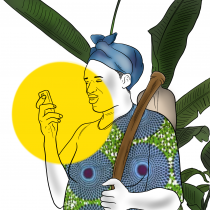



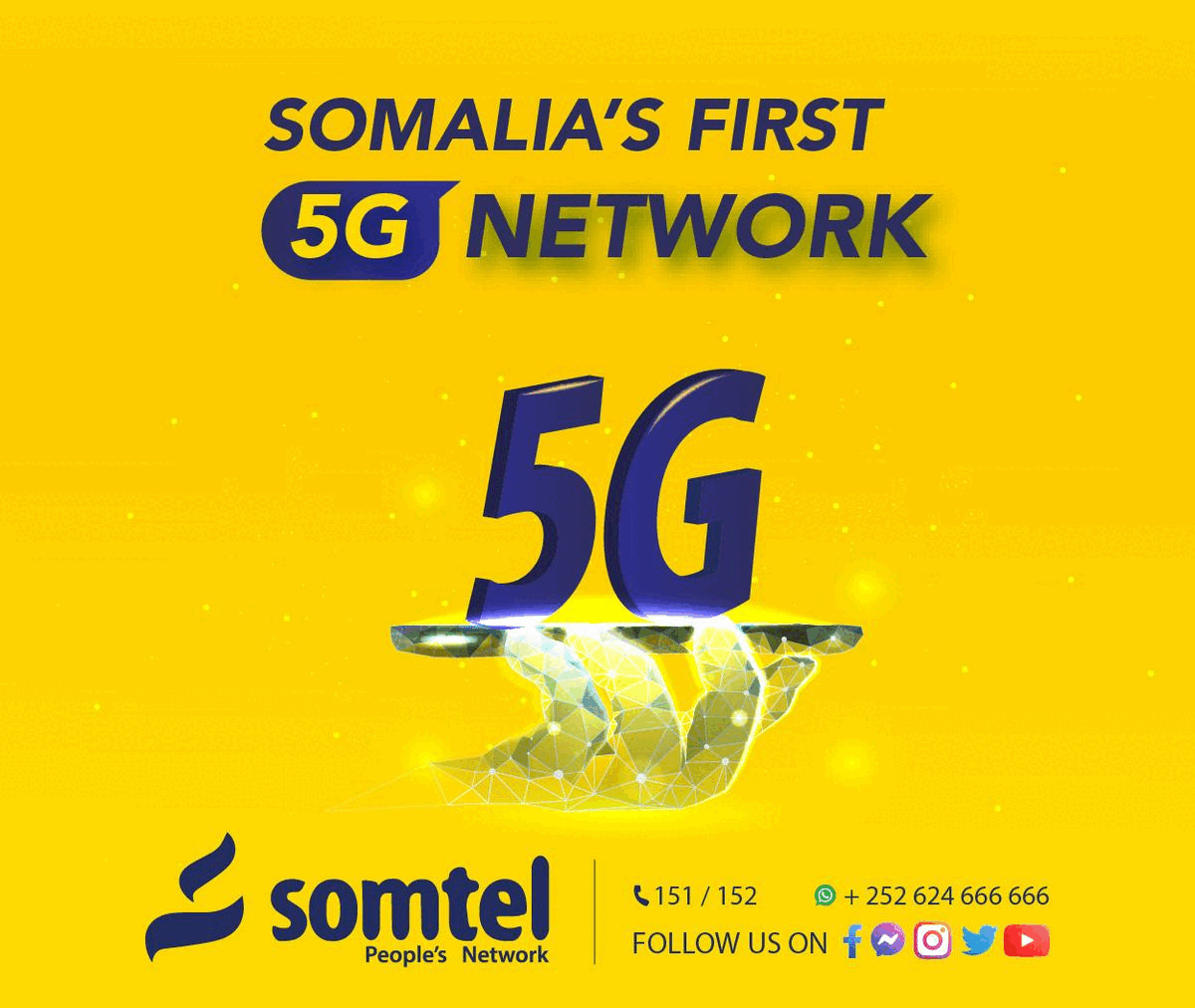
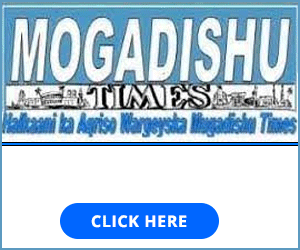


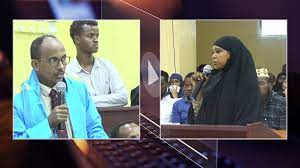

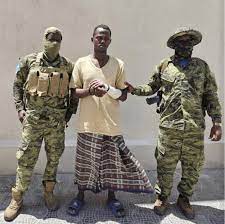



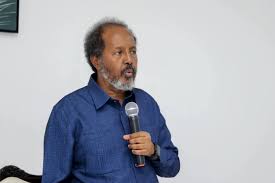

NEW REPORT: Uganda's Social Media Tax through the lens of network measurements
Today, in collaboration withOONI(Open Observatory of Network Interference), DefendDefenders co-published a newresearch report: "Uganda's Social Media Tax through the lens of network measurements". Our research report is availablehe